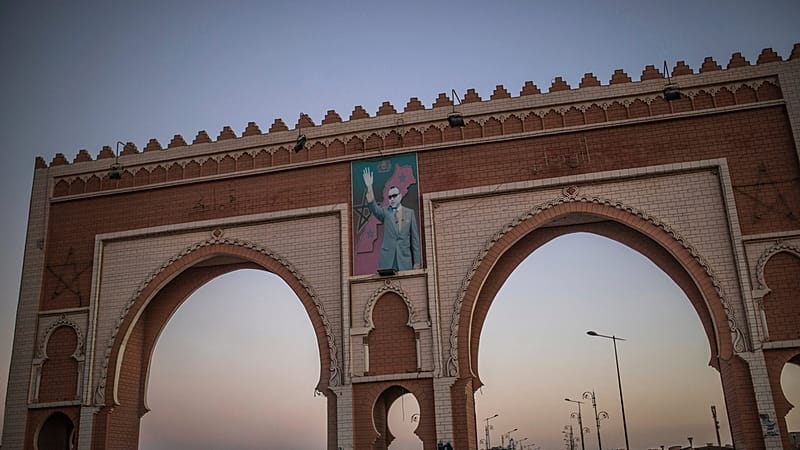UN Security Council approves resolution backing Morocco's plan for Western Sahara

The UN Security Council approved a resolution Friday backing Morocco's sovereignty claim over Western Sahara, aligning with the Trump administration's position in the strongest international endorsement yet of Rabat's control over the territory.
The US-sponsored resolution passed with 11 votes in favour, while Russia, China and Pakistan abstained and Algeria, which supports the independence-seeking nationalist Polisario Front movement, did not vote.
The measure marks a significant shift in international backing for Morocco's decades-long claim to the phosphate-rich coastal desert.
"The United States welcomes today's historic votes, which seize upon this unique moment and build on the momentum for a long, long overdue peace in Western Sahara," said Mike Waltz, US ambassador to the UN.
The resolution states that "genuine autonomy under Moroccan sovereignty could constitute a most feasible solution," representing the first time a Security Council mandate has explicitly endorsed Morocco's preferred outcome.
It renews the UN peacekeeping mission for another year while calling for a review within six months based on progress.
Trump backs Rabat's 'serious, credible and realistic' proposal
US President Donald Trump backed Morocco's sovereignty over Western Sahara in a July message to King Mohammed VI.
"I also reiterate that the United States recognises Moroccan sovereignty over Western Sahara and supports Morocco's serious, credible and realistic autonomy proposal as the only basis for a just and lasting solution to the dispute," Trump said.
Trump's senior adviser for African affairs Massad Boulos reiterated US support for Morocco's plan in a Sky News Arabia interview this week.
US special envoy Steve Witkoff told CBS that a deal between Morocco and Algeria could be reached within 60 days, though the neighbours have not maintained diplomatic relations for four years.
The territory, an Italy-sized stretch of coastal desert, was under Spanish rule until 1975. The Polisario Front, a militant and political group operating from refugee camps in southwestern Algeria, claims to represent indigenous Sahrawi people and has demanded a referendum on self-determination, including independence as an option.
Polisario said it would join any process aiming to "legitimise Morocco's illegal military occupation," arguing peace "can never be achieved by rewarding expansionism." Demonstrations erupted in Sahrawi refugee camps in Algeria this week.
A 1991 ceasefire was meant to enable a self-determination referendum, but disputes over voter eligibility prevented it. Polisario withdrew from the ceasefire in 2020 after clashes near a road Morocco was paving to Mauritania, with the UN describing subsequent "low-level hostilities".
UN envoy Staffan de Mistura suggested partitioning Western Sahara in October, which neither side accepted.
France, Spain, the UK and most EU members back Morocco's position, as well as a growing number of African allies.
Rabat controls nearly all of Western Sahara except a narrow zone east of a Moroccan-built sand wall.
The kingdom has transformed the territory with infrastructure projects, including a deepwater port and 1,055-kilometre highway, while state subsidies keep prices low.
Today

